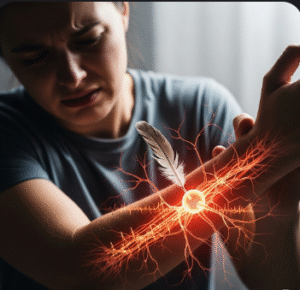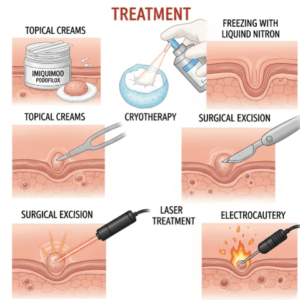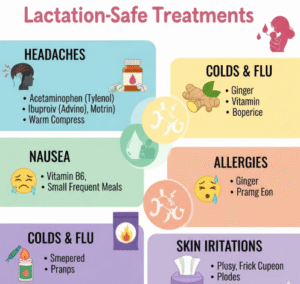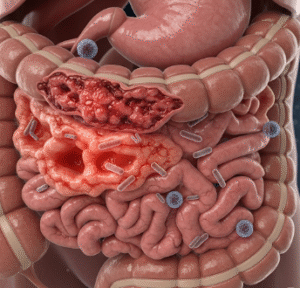Overview
Delirium Tremens (DTs) is a severe and potentially life-threatening form of alcohol withdrawal, typically occurring in individuals with chronic alcohol dependence. It is characterized by acute confusion, hallucinations, and autonomic instability. In Korea, patients experiencing DTs receive emergency care and specialized treatment in hospitals such as Seoul National University Hospital, Asan Medical Center, and Samsung Medical Center, where intensive monitoring and medical interventions are provided.
What is Delirium Tremens?
Delirium Tremens is an acute neuropsychiatric condition triggered by sudden cessation or reduction of alcohol intake in dependent individuals. DTs usually develop 48–72 hours after the last drink and can last for several days. The condition affects mental status, cardiovascular function, and autonomic regulation, making it a medical emergency.
Symptoms
- Severe confusion and disorientation
- Visual or auditory hallucinations
- Tremors, particularly of hands
- Agitation, restlessness, or aggression
- Fever and sweating
- Rapid heartbeat (tachycardia) and high blood pressure
- Seizures in severe cases
Causes
- Abrupt cessation or reduction of alcohol intake in chronic drinkers
- Underlying medical conditions exacerbating withdrawal
- Previous history of alcohol withdrawal or DTs
- Nutritional deficiencies commonly seen in chronic alcoholism
Risk Factors
- Long-term heavy alcohol consumption
- History of previous withdrawal seizures or DTs
- Advanced age or chronic illness
- Co-occurring psychiatric disorders
- Poor nutritional status, particularly thiamine deficiency
Complications
- Seizures and status epilepticus
- Cardiovascular instability leading to arrhythmias or heart failure
- Severe dehydration and electrolyte imbalances
- Permanent brain damage if prolonged
- Death if untreated or inadequately managed
Prevention
- Gradual tapering of alcohol under medical supervision
- Early identification of high-risk individuals
- Nutritional supplementation, especially thiamine
- Supportive counseling and rehabilitation for alcohol dependence
- Regular follow-up with addiction specialists
Treatment Options in Korea
Treatment focuses on stabilization, symptom management, and prevention of complications.
- Diagnosis
- Clinical evaluation of alcohol history and withdrawal symptoms
- Vital signs monitoring and laboratory tests (electrolytes, liver function, glucose)
- Assessment for coexisting medical or psychiatric conditions
- Medical Treatments
- Benzodiazepines as the primary medication to control agitation and seizures
- Intravenous fluids for dehydration and electrolyte correction
- Thiamine and other vitamin supplementation to prevent Wernicke’s encephalopathy
- Antipsychotics in selected cases for severe agitation or hallucinations
- Supportive Care
- Continuous monitoring in ICU or specialized withdrawal units
- Calm and safe environment to reduce sensory overstimulation
- Nutritional support and prevention of secondary infections
- Psychological support during and after recovery
- Specialized Hospitals in Korea
- Seoul National University Hospital – Addiction medicine and ICU care
- Asan Medical Center – Comprehensive management for alcohol withdrawal syndromes
- Samsung Medical Center – Emergency and critical care for DTs
- Local addiction treatment centers for follow-up and rehabilitation
- Long-Term Follow-Up
- Referral to rehabilitation programs and counseling
- Monitoring for relapse and management of alcohol dependence
- Nutritional assessment and supplementation
- Support for family and caregivers to prevent recurrence













